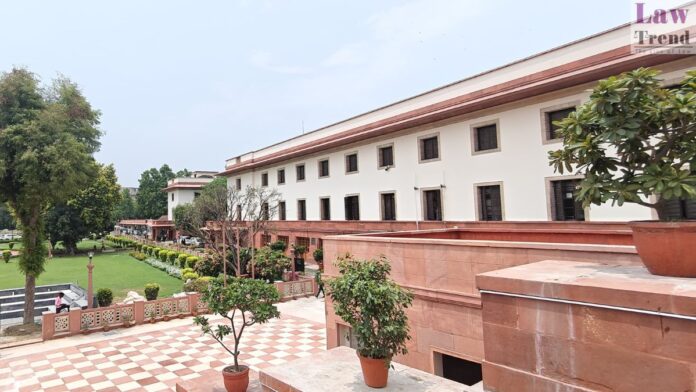The Supreme Court of India has ruled that an election petition should not be dismissed at the very threshold if there is “substantial compliance” with the legal requirements. The judgment, delivered by a bench comprising Justice Sudhanshu Dhulia and Justice Ahsanuddin Amanullah, came in the case of Kimneo Haokip Hangshing v. Kenn Raikhan & Ors.,
To Read More Please Subscribe to VIP Membership for Unlimited Access to All the Articles, Download Available Copies of Judgments/Order, Acess to Central/State Bare Acts, Advertisement Free Content, Access to More than 4000 Legal Drafts( Readymade Editable Formats of Suits, Petitions, Writs, Legal Notices, Divorce Petitions, 138 Notices, Bail Applications etc.) in Hindi and English.




